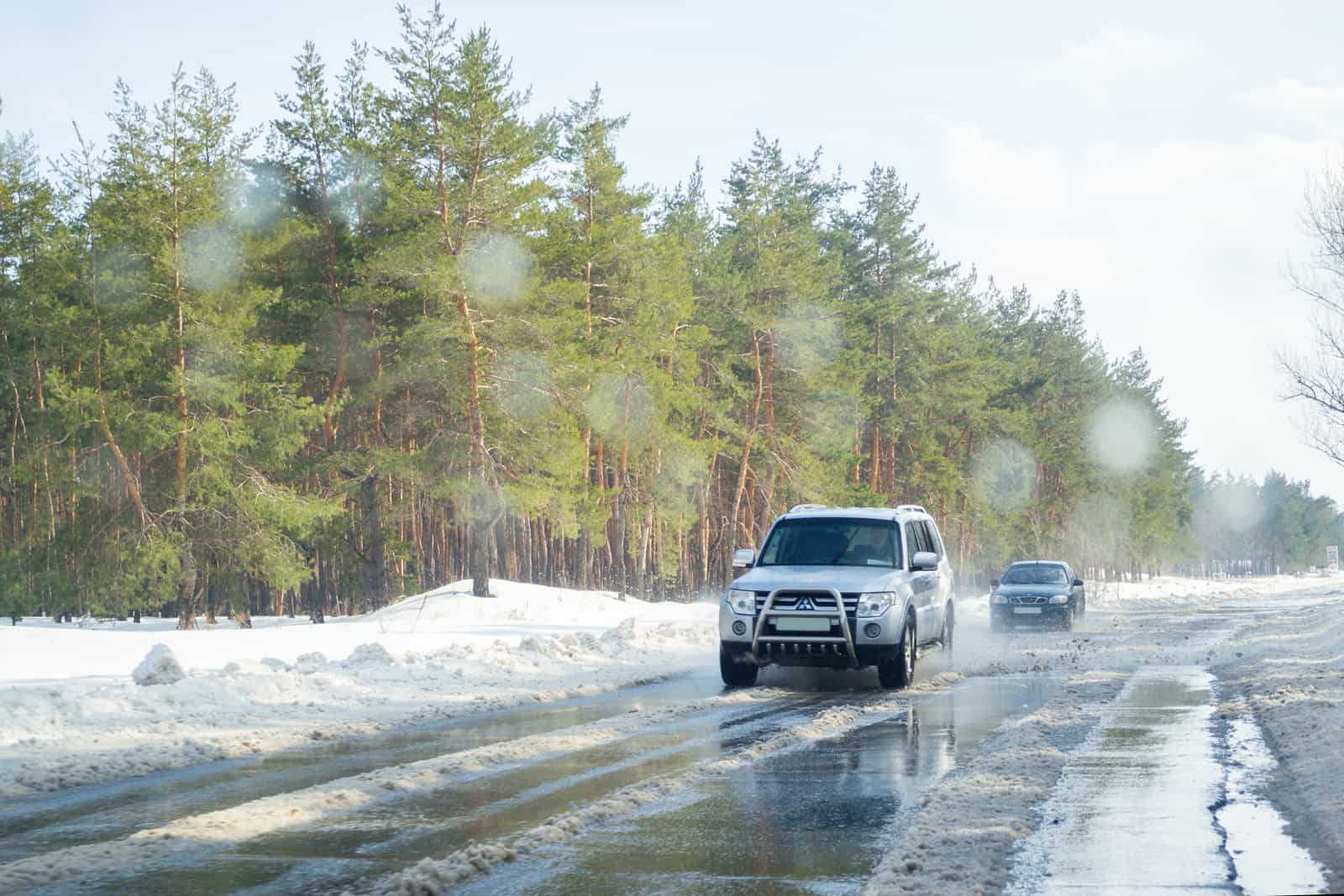Winter is a time of cozy fireplaces, holiday time spent with family, and of course, of ice and snow. Winter weather can be beautiful, but it can also be treacherous. This is especially true for anyone behind the wheel during this time of year. While there’s no magic tool or trick to use to prevent an accident when driving during wintery weather, there are several strategies you can use to stay a little bit safer on the roads.
Safe driving begins far before you get on the road and doesn’t stop when you reach your destination. By understanding the hazards of the season and preparing for such possibilities, you can help keep your whole family a little safer. Fail to do so, though, and you could be slipping and sliding all over the roads and into a serious accident.
Find out the maximum compensation you could receive.
Before Driving
We don’t spend much time thinking about the way the changing of seasons impact our vehicles, but we should. Winterizing your car is a great way to ensure your vehicle will perform at its peak even in the worst of conditions. Double check your car’s windshield wipers and fluid, make sure your tire pressure is where it needs to be and consider investing in snow tires if you live in an especially snowy place.
You should also take the time to build a tool kit to keep in your car in case of emergencies. An inflated spare tire, jack, jumper cables and flares can be especially helpful during the winter months. It’s not just your car that needs extra supplies on hand, though. Should you become stuck in your car, you’ll want to have plenty of bottled water, a blanket, some non-perishable food and heavy-duty gloves on hand.
Hitting the Road
Though it might be tempting to drive as you always do, it’s important to adjust your driving habits for the conditions at hand. Reduce your speed and always be sure to leave plenty of room between you and the car in front of you. Should they hit the brakes and slide across the ice, you’ll be grateful for those extra moments of reaction time. Remember to never pass a snowplow, as they have very limited visibility.
It’s also important to recognize how roads change when winter weather occurs. Not only will roads be more slippery, but bridges will ice over more quickly than other parts of the road. This is part of why motorists should avoid cruise control when they are driving in winter. You’ll want to be fully in control of your vehicle at all times when conditions are icy, wet or snowy.
In Case of an Emergency
Should you feel your rear tires begin to skid, avoid panicking. Simply take your foot off the gas pedal and steer in the direction you’d like your front tires to go. Brake as you see fit. Applying steady pressure to anti-lock brakes can result in a pulsing sensation, but fight the urge to lay off of them. You’ll be back in control in no time.
Should your front tires skid, you’ll want to take your foot off the accelerator and put your car in neutral. While it might be tempting to grab the wheel and steer, it’s best to allow the car to slow down a bit before moving the wheel much. When you begin to feel traction again, slowly put your car back into gear and then hit the gas pedal very gently.
If you become stuck in the snow, don’t let your tires spin in the ice for long – you’ll only dig yourself in deeper. Instead, work to eliminate some of the ice and snow buildup around your tires. While in park, turn your wheels from side to side to help create space between the tires and the snow. Put your car in a low gear to help gain traction when trying to get out.
Ultimately, if you are stranded in your vehicle, try to move it out of the line of traffic. Don’t leave your car unless you know for sure that you can find help quickly. Light flares around your vehicle and hang a piece of cloth from your antenna to alert others to your emergency. Put on extra clothes, gloves or blankets that you might have in the trunk and settle in for a potentially long haul.
Preventing Winter Accidents and Emergencies
While some winter car crashes and emergencies are purely bad luck, many can be avoided with a little education and forethought. The next time you know you have to drive in icy conditions, take a moment to review what you’ve learned and be ready to put these tips into action. While there’s no way to completely avoid accidents from occurring, you’ll be that much safer with the knowledge you’ve gained.



